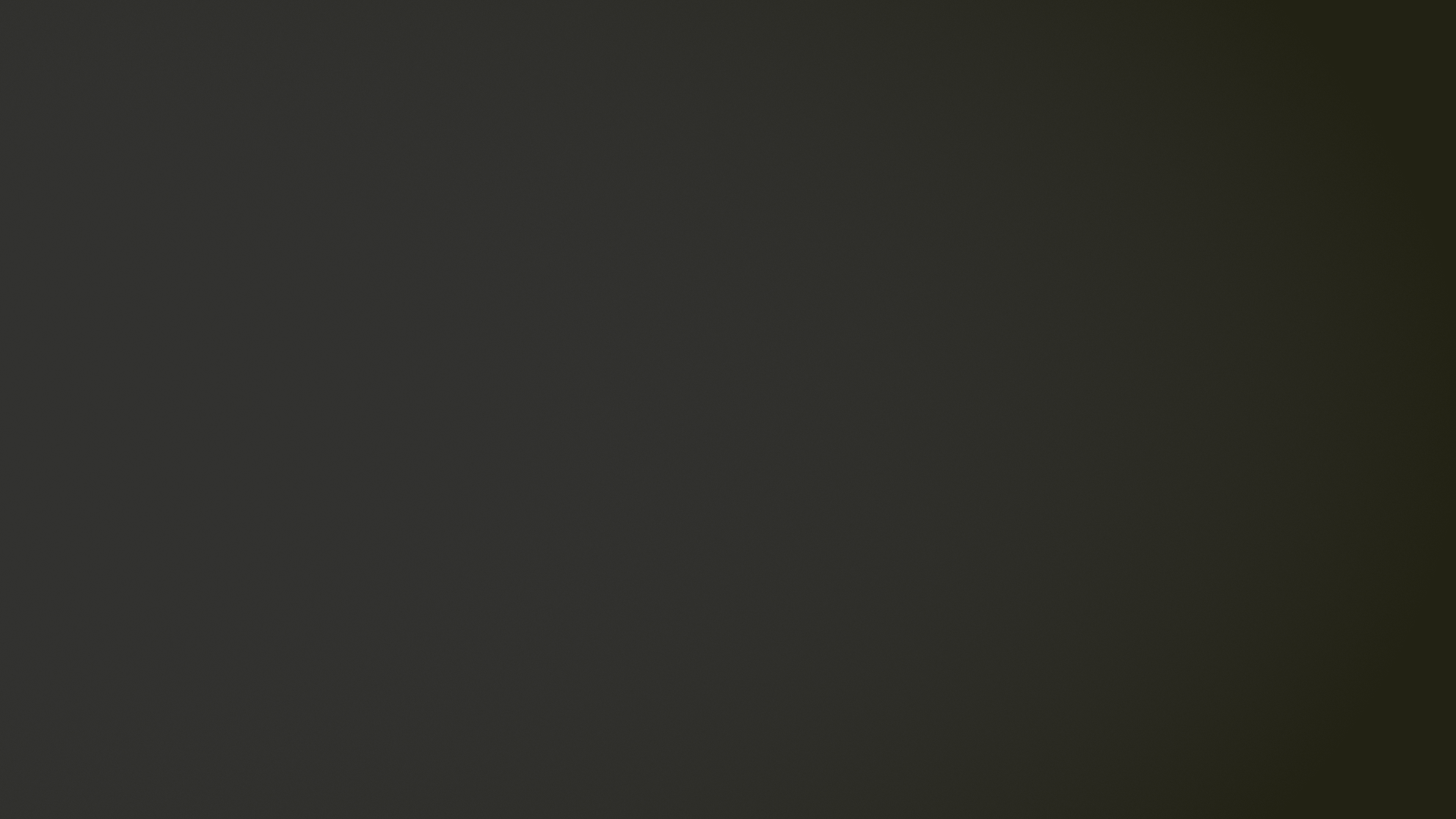
FREQUENTLY ASKED QUESTIONS
-
The catalyst for my approaching music in the way that I do was that in a short span of time I was introduced to and fell in love with an extremely broad range of artists.
Some influences and inspirations from back then: Aphex Twin, Autechre, Bach, The Beach Boys, The Beatles, Beethoven, Björk, Bob Marley, Busta Rhymes, The Chemical Brothers, Chopin, Daft Punk, Dave Brubeck, Deftones, Duke Ellington, Dvořák, Elton John, Eminem, Foo Fighters, Jamie Lidell, Jay-Z, Joni Mitchell, Lauryn Hill, Loreena McKennitt, Massive Attack, Mia Sheard, Miles Davis, Nirvana, No Doubt, NOFX, OutKast, Poe, Portishead, Prince, The Prodigy, Queen, Radiohead, Rage Against the Machine, Refused, Saint-Saëns, Schubert, The Smashing Pumpkins, Soundgarden, Squarepusher, Stravinsky, Tchaikovsky, Wu-Tang Clan.
-
I have a Bachelor of Fine Arts from York University where I was able to study a variety of musical things. It was certainly helpful, though perhaps not absolutely essential. Learning in general is definitely important—the more the better in whatever way you’re able to approach it—and as things change faster and faster it probably becomes more imperative to stay on top of new developments.
-
It's chaos around here. I have a massive pile of projects and multiple categorized to-do lists and there is a sort of ever-cascading sequence of assessing and decision-making that determines the next possible tracks/videos I can bring to the finish line. Every week is different and may consist of writing, recording, mixing, mastering, planning videos, filming, editing, collaborating with other musicians, meeting with my team or clients, traveling, and more.
-
I take many different approaches and am coming up with new ones all the time. That’s the fun. :)
I always recommend practicing idea generation like you would practice an instrument. Try to spend half an hour a day thinking of ideas, or try to come up with as many as you can in 15 minutes, or write down 10 ideas every lunch break, or look for combinations of two or three ideas that you haven’t seen before. Many of these won’t be good ideas, and that’s ok. But in doing this consistently, not only will the overall quality improve over time, you will come up with some of the best ideas you ever have.
-
I take or turn down client work as it comes up but I also have other revenue streams. I receive royalties for streaming, radio play, licensing, and YouTube views. I’ve come up with products like Flip Sampler and Transit where I get a percentage of sales. I have an online music production course with Studio.
-
Google, YouTube, Microsoft, Apple, Netflix, Samsung, Sony, LEGO, Toyota, Volvo, Ableton, Native Instruments, Arturia, Universal Audio.
-
Currently my core team is three full-time staff: two video editors, and a business manager to handle contracts and communication with potential collaborators or sponsors.
I also have two part-time staff: an assistant for things on the audio side such as helping with mixes/production, editing sample packs, and engineering recording sessions; and a third video editor.
For larger projects like Sonic Boom, we hire contractors as needed.
I’m also in regular contact with the people who I’ve collaborated with on products (Baby Audio, Endorphin.es, the developers of Flip Sampler)—typically I’m an ideas person / tester and they will handle any issues regarding sales and user support.
-
I’m not part of any such bodies, other than performing rights organizations for the collection of royalties.
-
I stopped performing live in 2017 as I found studio work to be more enjoyable, more lucrative, and what I’m better at anyway. I went through many iterations of live performance setups though, from being solo through to leading an 8 piece band, and playing a decent spread of both acoustic and electronic instruments. Sometimes I would incorporate a loop pedal or computer. Sometimes I would sample strange items I would bring with me to each show (balloons, beach balls, food…) or even things the audience would bring.
-
Ableton Live: The most “transparent” DAW—every seasoned producer I know has found their own way of using it. Strikes a great balance between being powerful, flexible, and efficient.
Expressive E Osmose: A synthesizer with a specially designed keybed that allows for gestures beyond simply pressing and releasing notes. It allows for so much more expression and nuance in playing and really is a game-changing new paradigm for the world of keyboard instruments.
Any piano or guitar: As much as I can nerd out about makes, models, and features, I’ve never been picky about what I’ll create with. The piano and the guitar are the classic tools of the craft of songwriting and all they need to do is have most of their parts and be roughly in tune.
-
You can think of a mix having three dimensions like a cube - left/right is panning in the stereo field for width, front/back is the perception of how close or far a sound is (mainly achieved through volume and reverb) and bottom/top is the frequency range. At the biggest parts of a song you are probably filling most of the cube, and to create dynamics you will have different song sections that use much less of the cube—elements will be narrowed down almost to mono, or a lot of treble or bass will be removed, etc.
A good mixer is concerned with telling the story of the song as much as with the technical details, and often this requires making bold choices about what parts get foregrounded, backgrounded, or even cut during different sections.
-
I don’t really know what’s traditionally done. 100% of my music marketing is just trying to make entertaining or educational YouTube and social media content. I don’t work with labels, PR firms, or ads.
-
I haven’t promoted myself on social media with ads, but some of my digital product partners have used ads to promote Transit and my online course.
Creating something around a trending topic can occasionally be helpful.
Mostly I focus on making content that is fun while hopefully also being inspirational or educational.
-
Focus on a single, specific thing you hope to achieve and cut out everything you possibly can from your life that doesn’t support you reaching that goal.
-
The idea that quality alone will be rewarded. It’s only one of many things that will contribute to the success of any endeavor - some of the other major ones being timing, usefulness, aesthetics, and marketing.
The belief that a music career will be more fun than a traditional career, and therefore less work. From what I've seen it's usually more fun and more work!
-
In the music industry, almost everyone has musical skills, so they don't become the deciding factor in sustaining a career (unless perhaps you do an incredibly unique thing better than anyone else). Tenacity, critical and creative thinking, business sense, hard work, and willingness to learn will likely take you much farther than pure musical skill. The more hats you can wear, musically or otherwise, the more opportunities you'll have to work.

